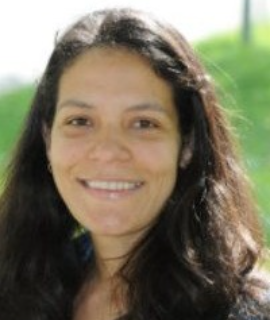Title : From seeds to roots: The role of seed-borne endophytes for the composition of the active microbiome of barley roots
Abstract:
Endophytes are microorganisms colonizing plant internal tissues. They are ubiquitously associated with plants and play a major role in plant growth and health. Among all endophytes, those found inside seeds are particularly interesting, as they are the first to colonize the tissue of the seedlings. Although significant efforts have been made to determine the composition of the endophytic bacterial communities, less is known about their activity. Therefore, we investigated the active bacteria communities residing in seeds and their relevance for composition of root tissues of barley in different growth stages, using an RNA-based approach. Moreover, metagenomic analyses of seed-borne root endophytes were carried out to obtain information about their genomes. We found out that members of the genera Phyllobacterium, Paenibacillus and Trabusiella were the most abundant active bacteria inside germinating seeds. The presence of the latest families was also confirmed by cultivation (e.g. Panaenibacillus hordei and Pantoea agglomerans). Though some of these populations were also found in the roots, we found a greater influence of soil microbes on the composition of the community, particularly at later growth stages. Metagenomic analysis corroborated the great dominance of Enterobacteraceae and Pseudomonaceae in roots of plants growing in axenic systems. In general, we detected genes related to functions assumed to be essential for bacteria colonizing plant tissue, such as antioxidative stress enzymes, osmoprotectants, biofilm formation, etc.. However, bacterial endophytes might possess different strategies to “communicate” with the host plant and evade their immune system, as we detected different pathways for the synthesis or regulation of plant signaling molecules, e.g. indole acetic acid and ACC deaminase. We hypothesize that the seed endophyhtes play a role during germination, but becomes less relevant as the plant develops, where endophytic bacterial populations most probably originates from the soil.



